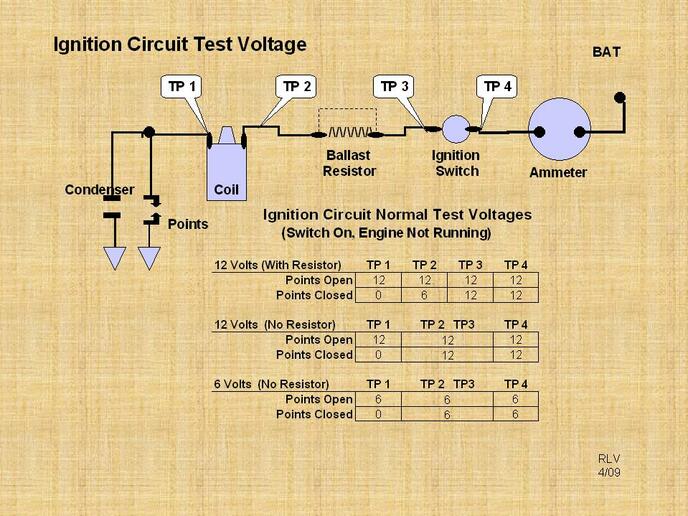I'm having problems with my 300U coil getting so hot you can't hold your hand on it after running for about an hour. At that point the tractor runs really bad and not much power. When everything cools down it runs fine again. Its a 12 volt system with a generator and a 6 volt coil with a resistor. Been like that since the 90's with no problem. Problem started last year when I was brush hogging and I decided the coil was bad so I replaced it with a 12 volt coil that required no resistor. Same problem. I now have a NAPA 6 volt coil with a resistor again. Generator is different than last year as last fall my original one had a short and I replaced it. Seems like something is making the coil hot other than a bad coil. I have a lot play in the distributor shaft, both in and out and rotational play. I compared it to my H which has virtually no play any direction. I get how that could make it skip a little which it does sometimes but the real problem starts when the coil gets hot and it looses power. I haven't changed plugs in a long time and I have carbon core wires to the plugs which have been there a long time also. Any ideas what to be looking for?
- Thread starter Charlie M
- Start date
Similar threads
We sell tractor parts! We have the parts you need to repair your tractor - the right parts. Our low prices and years of research make us your best choice when you need parts. Shop Online Today.
Copyright © 1997-2024 Yesterday's Tractor Co.
All Rights Reserved. Reproduction of any part of this website, including design and content, without written permission is strictly prohibited. Trade Marks and Trade Names contained and used in this Website are those of others, and are used in this Website in a descriptive sense to refer to the products of others. Use of this Web site constitutes acceptance of our User Agreement and Privacy Policy TRADEMARK DISCLAIMER: Tradenames and Trademarks referred to within Yesterday's Tractor Co. products and within the Yesterday's Tractor Co. websites are the property of their respective trademark holders. None of these trademark holders are affiliated with Yesterday's Tractor Co., our products, or our website nor are we sponsored by them. John Deere and its logos are the registered trademarks of the John Deere Corporation. Agco, Agco Allis, White, Massey Ferguson and their logos are the registered trademarks of AGCO Corporation. Case, Case-IH, Farmall, International Harvester, New Holland and their logos are registered trademarks of CNH Global N.V.
Yesterday's Tractors - Antique Tractor Headquarters
Website Accessibility Policy


